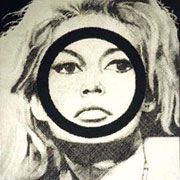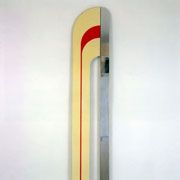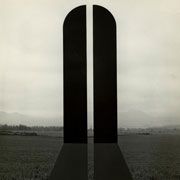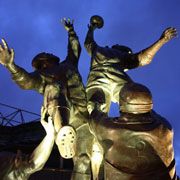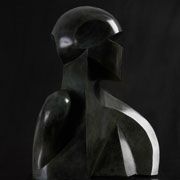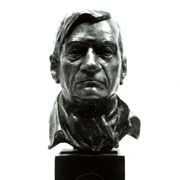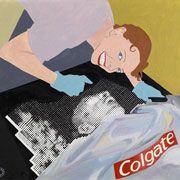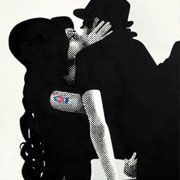

Catalogue Raisonné. Maquette for Glad Day, CR650a
Search the Catalogue
Maquette for Glad Day
CR 650a
Kinkell
2011
Bronze with gold leaf
Citations and Comments
Maquette for an unrealised sculpture. The pose, as with Apollo (1996, cat. number 609), derives from William Blake’s painting The Dance of Albion (Glad Day) (c.1796).
, ,